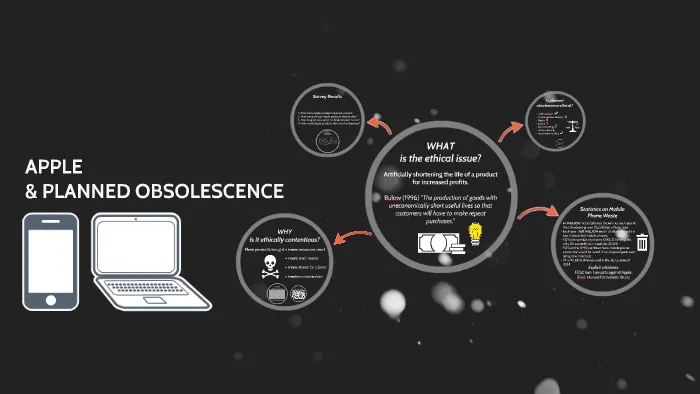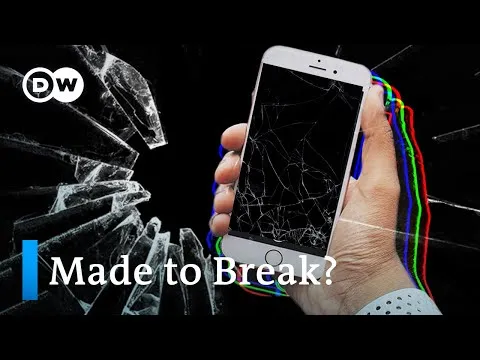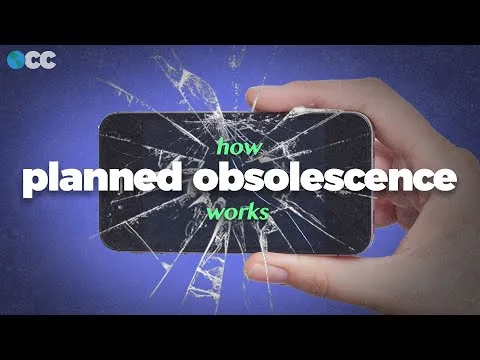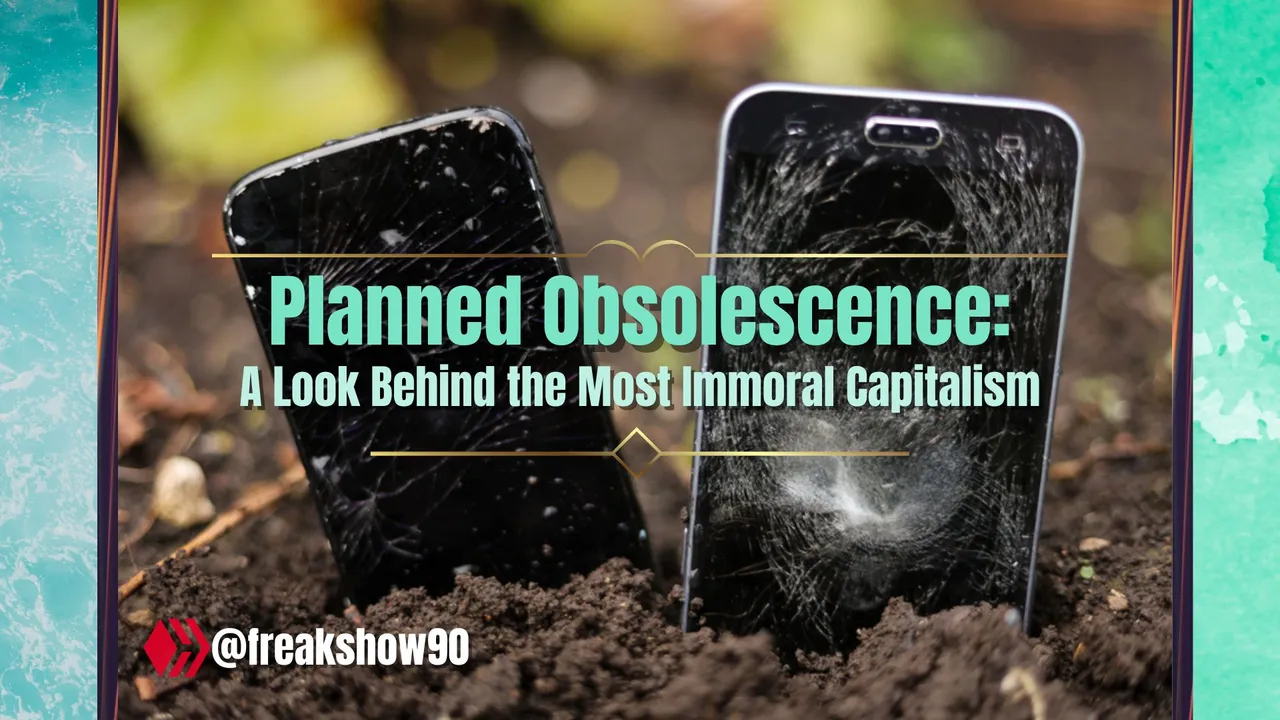

In order to appreciate the depth of the damage done by capitalism as an economic model, it is necessary to understand the size of the environmental damage done by the thousands, what do I mean thousands, millions of tons of plastic, metal waste and seas of rubbish all over the planet! And this is not a Greenpeace-type statement, nor is it a communist manifesto. It is evidence of an evil we can no longer hide from. In fact, the climate change figures are only the tip of the iceberg of the phenomena that are coming our way in the years to come. We base our lifestyle on the noxious and absurd idea that Planet Earth is ours, and that it will always provide us with raw materials to continue with this unhealthy and decadent rhythm of goods and services that only damage the very ecosystem where we live, and in which the next (future) generations will have to live. A megalomaniacal madness of consumerism, which seems to have no end. It is the number one cause of damage to the soil, to the air and above all to the quality of water from all sources around the globe. But yes, as long as we have more editions of smartphones, flat screens or tablets, we can rest assured: "happiness" is guaranteed...
Para poder apreciar la profundidad del daño que ha hecho el capitalismo como modelo económico, necesario es entender el tamaño del daño ambiental que han producidos los miles, ¿qué digo miles? ¡Millones de toneladas de plástico, desechos metálicos y mares de desperdicios en todo el planeta! Y esto no es una declaración tipo Greenpeace, ni un manififesto comunista tampoco. Es la evidencia de un mal al cual ya no podemos ocultar más. De hecho, las cifras del cambio climático, son tan solo la punta de iceberg de los fenómenos que se nos vienen en los próximos años. Fundamentamos nuestro estilo de vida en la idea, nociva y absurda, de que el Planeta Tierra es nuestro, y que siempre nos proveerá de materias primas para seguir con este ritmo enfermizo y decadente de bienes y servicios que lo único que hacen es dañar el propio ecosistema donde vivimos, y en el cual las próximas (futuras) generaciones tendrán que vivir. Una locura megalómana de consumismo, que no parece tener fin. Que es la causa número uno del daño en los suelos, en el aire y sobre todo en la calidad del agua de todas las fuentes alrededor del globo. Pero eso sí, mientras tengamos más ediciones de teléfonos inteligentes, pantallas planas o tablets, podemos estar tranquilos: la "felicidad" está garantizada...
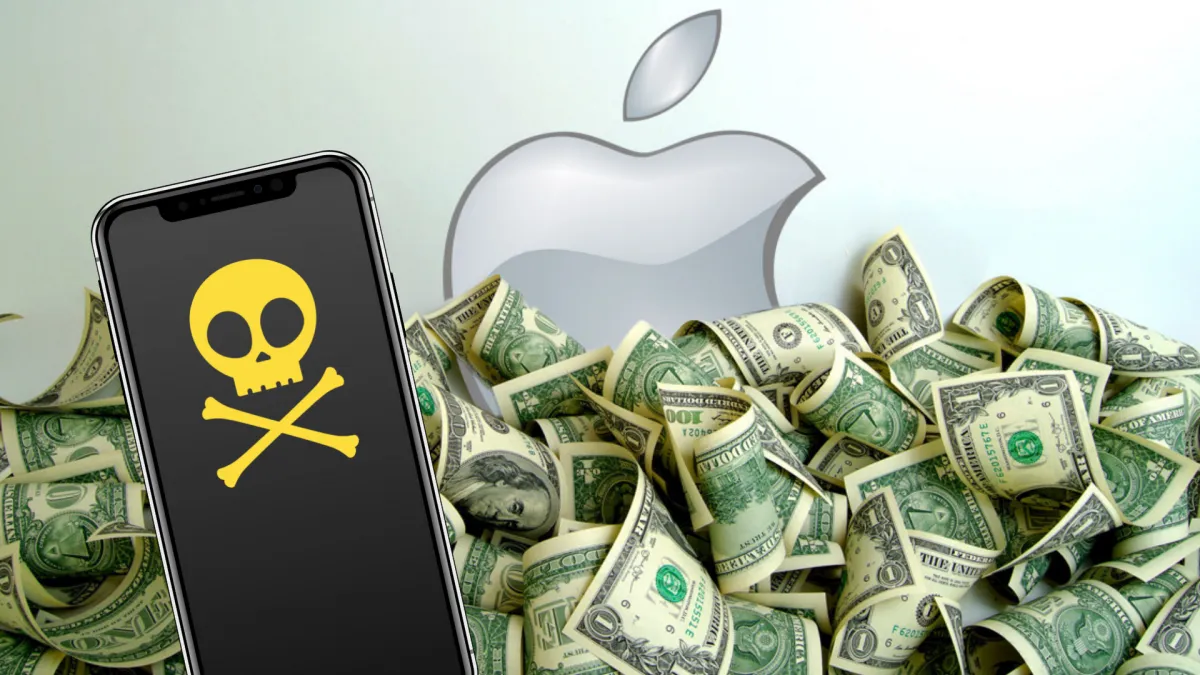
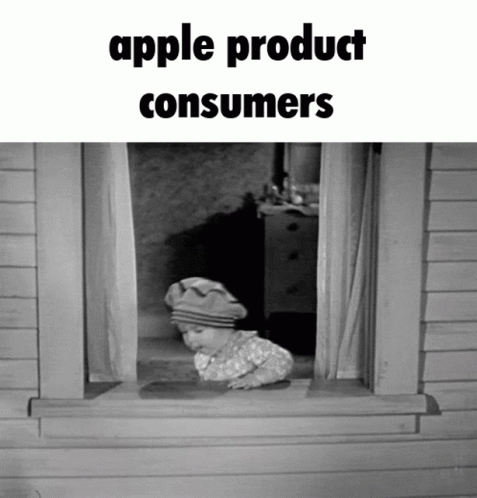
We are often not really aware of the damage we have done to the quality of life on the planet over the last 300 years. Since the emancipation of mankind, its various political revolutions, and above all the escalation of wars, domination and territory, we have not noticed how every year we have become the toxic plague that annihilates this world. And no, don't get me wrong. It is not that the Planet is dying for us. It will live and continue to do so for billions of years to come. The problem is that we are not. We are a curious mixture of a bag of bones and flesh, with almost no hair to cover us from cold or disease, and we have horrendous addictions. To sugar, to belligerence, to sadism; but above all to oil and the compulsion to keep producing, year after year. To hoard as much money as possible, in order to monstrously keep craving for what we already have but still want to keep harvesting. If, from this point of view, you don't see the problem, you are clearly part of it. And no, this is not a fight of "good guys" against "bad guys", nothing like that. But it is about thinking people (you know, "homo sapiens") slowly digging their own grave and having the cheek to smile in the process.
Programmed obsolescence is the how of this whole thesis I am trying to present. It is the tool used by the whole (capitalist) system to give free rein to an absurd, highly psychopathic and destructive mode of production. But let's go step by step. One, produce for the sake of producing. This is the main concept. In other words, the important thing is that there is enough of a product to make it profitable to sell, and that of course, it brings in huge profits relative to how much it cost to make it. Two; that the product is not efficient or sustainable enough. Otherwise, no one would want or need to go and change their mobile phone, washing machine or car sound system. Three; gigantic, mammoth advertising campaigns. Obviously, you can't sell what you don't promote. But neither can you sell massively without generating a compulsion to buy the products. That explains what we can see in any advertisement, wherever you are in the world. Facebook, YouTube, Amazon, Google, Instagram, any network or entertainment alternative you use is a means to generate that constant anxiety and dissatisfaction; which will obviously be "filled" when you buy that new car you "want so much".
Muchas veces no somos realmente consciente del daño que en los últimos 300 años hemos hecho a la calidad de vida del planeta. Desde la emancipación del Hombre, sus distintas revoluciones políticas, y sobre todo el encrudecimiento de guerras, dominio y territorio, no hemos reparado en ver cómo cada año nos hemos vuelto la plaga tóxica que aniquila a este mundo. Y no, no me malinterpreten. No es que el Planeta esté muriendo por nosotros. Vivirá y seguirá haciéndolo por miles de millones de años más. El problema es que nosotros no. Somos una curiosa mezcla entre un saco de huesos y carne, casi nada de vello que nos cubra de frío o de enfermedades y además, tenemos adicciones horrendas. Al azúcar, a la beligerencia, al sadismos; pero sobre todo al petróleo y a la compulsivdad de seguir produciendo, año tras año. Ostentar la mayor cantidad de dinero posible, para monstruosamente, seguir anhelando eso que ya tenemos pero que aún queremos seguir cosechando. Si desde este punto, no ves el problema, claramente eres parte de él. Y no, no se trata de una lucha de "buenos" contra "malos", nada que ver. Pero sí de personas pensantes (ya sabes, "homo sapiens") que poco a poco cavan su propia tumba y además, tienen la desfachatez de sonreír durante el proceso.
La obsolencencia programada es el cómo de toda esta tesis que intento presentar. El la herramienta que emplea todo el sistema (capitalista) para darle rienda suelta a un modo de producción absurdo, sumamente psicopático y destructivo. Pero vamos por pasos. Uno, producir por producir. Es el concepto principal. Dicho de otro modo, lo importante es que haya lo suficiente de un prodcuto para que sea rentable para venta, y que por supuesto, traigan consigo enormes ganancias respecto a cuánto costó hacerlo. Dos; que ese producto no sea lo suficientemente eficiente ni sustentable. De lo contrario, nadie querría o tendría la necesidad de ir y cambiar su teléfono celular, una lavadora o el sistema de sonido del auto. Tres; campañas de publicidad gigantescas y descomunales. Obviamente, no se puede vender lo que no se promociona. Pero tampoco se puede vender masivamente sin generar una necesidad de compulsión por adquirir los productos. Eso explica lo que podemos ver en cualquier anuncio, donde quiera que estés en el mundo. Facebook, YouTobe, Amazon, Google, Instagram, cualquier red o alternativa de ocio que emplees es un medio para generarte esa ansiedad e insastifacción constante; que obviamente se "llenará" cuando compres ese auto nuevo que "tanto deseas".
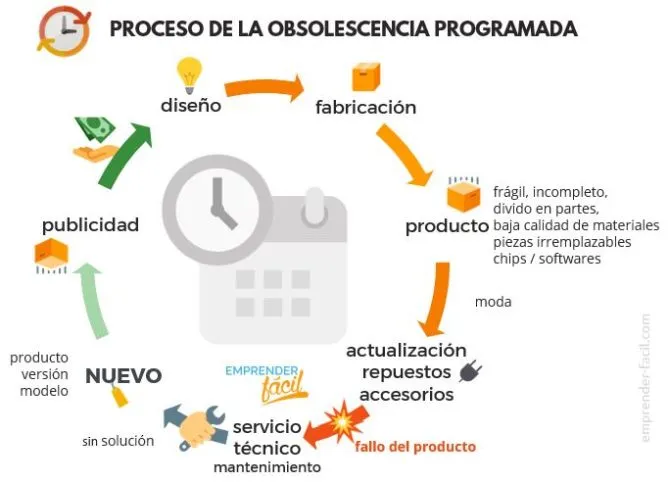
This critique of the system is by no means new or innovative. In fact, it is more than 50 years old since it was discovered how the world's big companies, the huge manufacturing conglomerates, have been planning the goods they are supposed to deliver to consumers. During the Cold War, the East Germans, discovering a way to make their appliances completely efficient to use. They created cars that could last more than 25 years without repair, freezers and refrigerators that would work efficiently for almost 50 years, and lamps and light bulbs that beat anything on the market. What's more, in the 1930s, at the height of the mechanical and car boom, multiple engineers solved the combustion engine problem. By making cars that consumed water. And they generated both the impulse and the ignition that every engine needs with the force of steam. Ecological, highly efficient, but not at all profitable for the system. Because if you think about it, how convenient would it be for the car and oil industry, if you didn't have to re-fuel your engine or buy new cars every year? Such a revolutionary and visionary invention would simply never see the light of day. And that's what ended up happening.
Esta crítica al sistema no es para nada nueva, ni innovadora. Es más, tiene más de 50 años desde que se descubrió la planificación que han tenido las grandes empresas del mundo, los enormes conflomerados manufactureros, con respecto a los bienes que se suponen que brindan hacia los consumidores. Durante la Guerra Fría, los alemananes del este, descubriendo un modo para hacer completamente eficientes el uso de sus electrodomésticos. Crearon autos que podían durar más de 25 años sin reparaciones, congeladores y neveras, que tabajarían eficientemente por casi 50 años y lámparas y bulbos para iluminar que vencían a cualquier que existiese en el mercado. Es más, en la década de los 30's, en pleno boom de la mecánica y de los autos, múltiples ingenierons resolvieron el problema del motor de combustión. Haciendo autos que consumían agua. Y generaban tanto el impulso como la ignición que necesita todo motor con la fuerza del vapor. Ecológicos, sumamente eficiente pero nada rentables para el sistema. Porque si lo piensas bien, ¿cuán conveniente sería para la industria de los autos y del petróleo, que no tengas que reaparar ni tu motor ni adquierir nuevos autos cada año? Ese invento revolucionario y visionario, sencillamente jamás vería la luz del día. Y eso fue lo que terminó sucediendo.
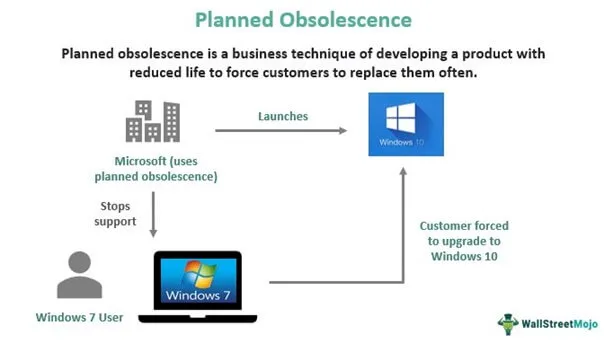

Apple, the most monstrous tech conglomerate of them all, has, along with Samsung, one of the biggest demands in the history of technology on its customers ever. Well, because many of its parts cannot be repaired, and they systematically fail from time to time. Depending on the device, they are usually not built to last and be useful and efficient, but to break down and you have to go and buy a whole new one. That's the way the capitalist maelstrom makes sense. Consume, consume, consume. Buy, buy, buy. And if you don't have the money to buy, don't worry! You can always go into debt, and thus satisfy the least explored and most reiterated vicious circle in contemporary human history. Worst of all, there is a whole system of social beliefs and values that support this model of planned obsolescence and mindless capitalism. That is, people believe that the value of a life is determined by what you own in the years you have to live. From the kind of clothes you wear, to the rent you can afford; to the kind of coffee you can buy in a bar or restaurant. Everything is, millimetrically thought out so that you never stop questioning your dissatisfactions and drain everything by buying impsulvently.
There are even seasons for that (buying a lot more junk that you don't need but can't stop yourself from buying). From childhood, with the Father Christmas story, to your own birthday. It's all nonsense that is light years away from ever being able to stop. Meanwhile, more than 70 percent of the other human beings living on the planet either do not have quality running water, or are unable to eat healthily. We've all seen the (literal9 rivers of plastic, metal scraps and waste on TV, and does that give us any real empathy? No! We just go on and on. Believing, futilely and futilely, that we are the "owners" of the planet. That nothing is as bad as it is painted, and that we can always "achieve" our materialistic dreams. Total madness. Meanwhile, during a Pandemic, the already multi-billion dollar companies became even richer, while the children in Bangladesh, India, China and Latin America do not have or enjoy the remotest possibility of social advancement, let alone a better future! All this, while life passes us by on a screen, wishing once again for things that are well planned to make you the most miserable and unhappy person you can be. Unsustainable capitalism, but yes, very profitable.
Apple, el conglomerado teconológico más monstruoso de todos, tiene junto a Samsung, una de las mayores demandas de la historia de la tecnología con respecto a sus clientes, que jamás se haya visto ¿Por qué? Bueno, debido a que muchas de sus partes no pueden reapararse, y que fallan sistemáticamente cada cierto tiempo. Dependiendo el dispositivo, no suelen ser fabricados para que duren y sean útiles y eficientes, sino para descomponerse y que tengas que ir y comprar uno completamente nuevo. Ése es el modo que da sentido a la vorágine capitalista. Consume, consume, consume. Compra, compra, compra. Y si no tienes para comprar, ¡no te preocupes! Siempre te podrás endeudar, y así poder satisfacer el círculo vicioso menos explorado y más reitarado de la historia contemporánea humana. Lo peor de todo, es que hay un sistema entero de creeencias y valores sociales que respaldan este modelo de obsolescencia programada y de capitalismo sin sentido. O sea, las personas creen que el valor de una vida va determinado a lo que poseas en los años que tengas por vivir. Desde el tipo de ropa que usas, hasta la renta que te puedes permitir; hasta el tipo de café que puedas comprarte en un bar o restaurant. Todo está, milimétricamente pensado para que nunca dejes de cuestionar tus insastisfacciones y drenes todo comprando impsulvamente.
Incluso, hay temporadas para eso (comprar muchas más porquerías que no nocesitas pero que no puedes detenerte en adquirlas). Desde la niñez, con el cuento de Santa Claus, hasta el propio día de tu cumpleaños. Todo es un sinsentido que está a años luz de poder parar alguna vez. Mientras tanto, más del 70 por ciento de los otros seres humanos que viven en el planeta, o no cuentan con agua corriente de calidad, o no pueden alimentarse sanamente. Todos hemos vistos los ríos (literales9 de plástico, trozos de metal y desperdicios por la televisión ¿Y eso nos produce algo realmente empático? ¡No! Seguimos y seguimos. Creyendo, futil e inútilmente que somos los "dueños" del planeta. Que nada es tan grave como lo pintan, y que siempre "podremos alcanzar" nuestros sueños materialistas. Una locura total. Mientras tanto, durante una Pandemia, las ya multimillonarias empresas se hicieron aún más ricas, mientras los niños en Bangladesh, la India, China y Latinoamérica, no tienen ni gozan de la más remota posibilidad de ascenso social ¡Y ni hablar de un mejor futuro! Todo, mientras la vida nos pasa a través de una pantalla, deseando una vez más cosas que están bien planificadas para hacerte la persona más miserable e incoforme que puedas llegar a ser. Capitalismo insostenible, pero éso sí, muy rentable.
